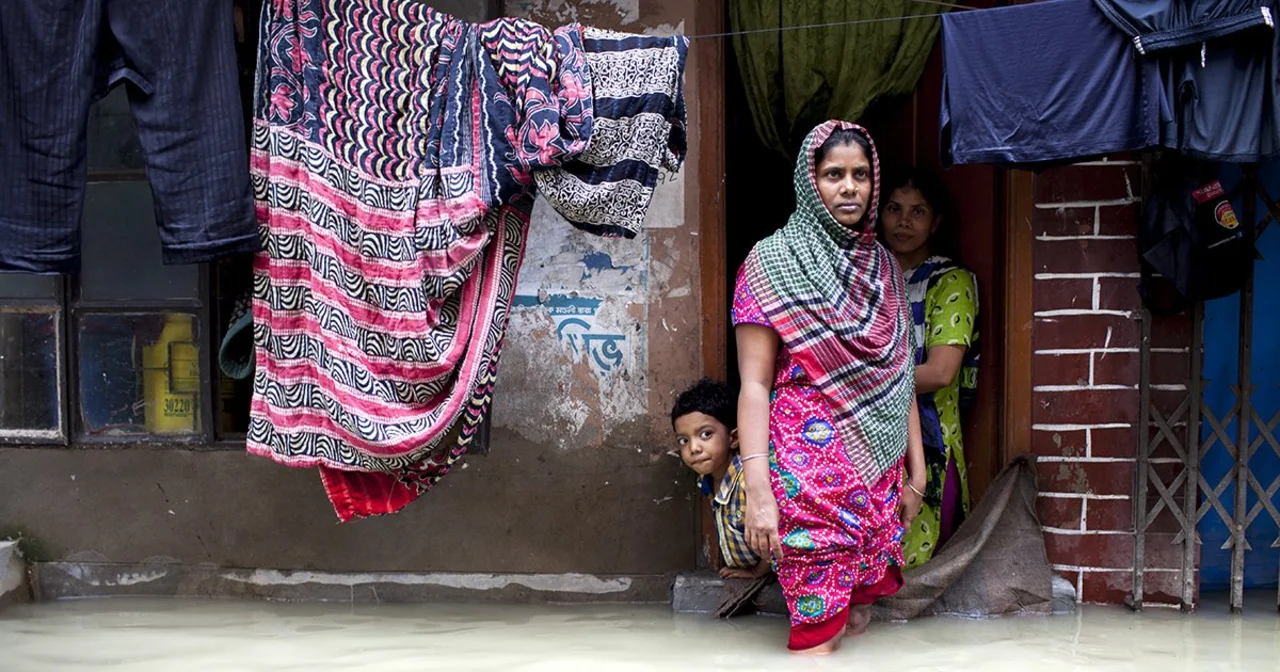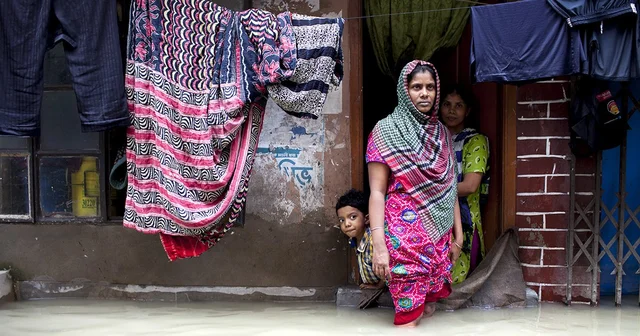Examining the Limitations of the World Bank and its Impact on Global Development
The World Bank is a powerful financial institution that has been instrumental in global development for many decades. It has helped countless countries around the world to improve their economies and create better living conditions for their citizens. However, despite its best efforts, the World Bank is not without its limitations.
The World Bank is limited in its ability to provide direct financial assistance to governments. Due to its structure, the World Bank can only provide loans and other forms of assistance to governments, not individuals. This means that even if the World Bank had the funds to help a country, it could not provide direct assistance to people in need.
Another limitation of the World Bank is that it is dependent on its member countries for financial support. In order for the World Bank to continue to provide assistance to developing countries, its member countries must contribute funds. This can be difficult in times of economic hardship, as individual countries may not be able to contribute as much as they would like.
The World Bank is also limited in its ability to influence the development of countries. While the World Bank can provide loans and other forms of assistance to countries, it cannot directly control how the money is used. This means that the World Bank may not be able to ensure that its money is used for its intended purpose.
Finally, the World Bank does not have the authority to force countries to take on certain policies or reforms. While the World Bank can encourage countries to take certain actions, it cannot legally enforce them. This can be a major limitation when trying to promote development in a country as the World Bank may not be able to ensure that its policies are followed.
The limitations of the World Bank can have a major impact on global development. Without the ability to provide direct assistance, the World Bank may not be able to help those who need it most. Additionally, without the ability to influence policy or enforce reforms, the World Bank may not be able to ensure that its funds are used for their intended purpose.
Understanding the Constraints of the World Bank and its Effect on International Finance
The World Bank is a major player in international finance, but it is not without its limitations. Despite its size and influence, there are several constraints that limit the effectiveness of the World Bank in providing solutions to global economic problems.
Funding Limitations
The World Bank is funded by contributions from its member countries, as well as from international organizations. As a result, its funds are limited and it is unable to provide the scale of assistance that is needed to address the world’s most pressing economic issues. Additionally, funds from the World Bank are subject to stringent conditions, which can limit the effectiveness of its interventions.
Political Constraints
The World Bank is subject to the political agendas of its member countries and international organizations. This can lead to decisions that are not in the best interest of the global economy. Additionally, the World Bank is subject to the influences of powerful countries, which can limit its ability to make decisions that are in the best interests of the global economy.
Lack of Transparency
The World Bank is not subject to the same transparency requirements as other international financial institutions, which can lead to decisions that are not in the best interest of the global economy. Additionally, the World Bank is not subject to oversight from international organizations, which can lead to decisions that are not in the best interest of the global economy.
Limited Flexibility
The World Bank is limited in its ability to respond quickly to changing economic conditions. Additionally, the World Bank is limited in its ability to make decisions without the approval of its member countries, which can limit its effectiveness in providing solutions to global economic problems.
Conclusion
The World Bank is a major player in international finance, but it is not without its limitations. Despite its size and influence, there are several constraints that limit the effectiveness of the World Bank in providing solutions to global economic problems. These constraints include funding limitations, political constraints, lack of transparency, and limited flexibility. These constraints can limit the effectiveness of the World Bank in providing solutions to global economic problems.
Exploring the Challenges Faced by the World Bank and its Impact on Global Poverty Reduction
The World Bank is an international financial institution that provides financial assistance to developing countries in order to reduce poverty and promote economic growth. It is one of the most important global development organizations in the world, yet it faces several challenges that limit its ability to help reduce poverty.
One of the primary challenges the World Bank faces is the lack of a unified global governance structure. Without unified global governance, the World Bank is limited in its ability to provide assistance to countries in need, as it is unable to ensure coordination and consistency in the way its funds are used. This lack of unified governance also creates an environment in which the World Bank is less able to effectively monitor and evaluate the impact of its funds on poverty reduction.
Another challenge the World Bank faces is the limited availability of resources. Despite its large budget, the World Bank is limited in the amount of funds it can provide to developing countries. This lack of resources makes it difficult for the World Bank to adequately meet the needs of developing countries, as the resources available for poverty reduction are often insufficient.
The World Bank also faces the challenge of limited political will on the part of recipient countries. Despite the fact that the World Bank is providing assistance to countries in need, some governments are unwilling to embrace the policies and programs proposed by the World Bank due to political considerations. This lack of political will can limit the World Bank’s ability to effectively reduce poverty and promote economic growth.
Finally, the World Bank faces the challenge of corruption. In many developing countries, corruption is an endemic problem, and this can limit the effectiveness of the World Bank’s efforts. Corruption can lead to funds being misused or mismanaged, which can ultimately limit the World Bank’s ability to reduce poverty.
Despite these challenges, the World Bank has been successful in helping reduce poverty and promote economic growth in many countries. Through its various programs and initiatives, the World Bank has been able to provide financial assistance to countries in need and help improve the lives of millions of people around the world. Despite its limitations, the World Bank has played a significant role in global poverty reduction.

